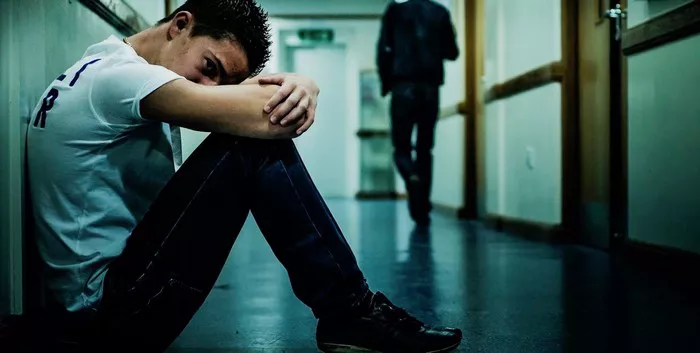1. Clarify the role of therapists in diagnosis:
Therapists play a crucial role in the diagnosis and treatment of mental health conditions, including bipolar disorder. While therapists, such as psychologists and licensed clinical social workers, are not medical doctors like psychiatrists, they are trained and qualified to conduct assessments and provide diagnoses for various mental health disorders. It’s essential to differentiate between therapists and psychiatrists: while psychiatrists can prescribe medication, therapists typically focus on therapy and other non-pharmacological interventions to address mental health concerns.
2. Explain the diagnostic process for bipolar disorder:
Diagnosing bipolar disorder involves a comprehensive evaluation process. Bipolar disorder is characterized by alternating periods of manic and depressive episodes, which can vary in severity and duration. Symptoms of mania may include heightened energy levels, impulsivity, racing thoughts, and euphoria, while depressive episodes often involve feelings of sadness, hopelessness, fatigue, and changes in sleep and appetite.
To diagnose bipolar disorder, mental health professionals utilize diagnostic criteria outlined in the Diagnostic and Statistical Manual of Mental Disorders (DSM-5). This involves assessing the frequency, duration, and impact of manic and depressive symptoms, as well as conducting a thorough evaluation of personal and family history, a mental status examination, and ruling out other potential diagnoses that may present with similar symptoms.
Therapists may use standardized assessment tools and questionnaires, such as the Mood Disorder Questionnaire (MDQ) or the Bipolar Spectrum Diagnostic Scale (BSDS), to aid in the diagnosis process. These tools help gather information about symptoms and their impact on daily functioning, guiding the diagnostic decision-making process.
3. Emphasize the importance of seeking professional help:
If you or someone you know is experiencing symptoms of bipolar disorder, it’s essential to seek professional help from a qualified mental health professional. Early diagnosis and treatment can significantly improve outcomes and quality of life for individuals with bipolar disorder.
Professional help may include therapy, medication management, and other interventions tailored to individual needs. Therapy can provide valuable support and coping strategies for managing symptoms, improving relationships, and enhancing overall well-being.
To find a mental health professional experienced in diagnosing and treating bipolar disorder, consider utilizing online directories provided by reputable organizations such as the American Psychological Association (APA) or the National Alliance on Mental Illness (NAMI). These resources can help connect you with therapists in your area who specialize in bipolar disorder and other mood disorders.
4. Additional considerations:
In discussing bipolar disorder and mental health diagnosis, it’s essential to use clear and concise language that is accessible to the general public. Avoiding overly technical jargon or medical terms can help ensure that information is easily understood by individuals seeking help or support.
It’s also crucial to maintain a neutral and objective tone, presenting information in a nonjudgmental manner that respects the experiences and perspectives of those seeking assistance. By citing reputable sources and evidence-based practices, we can ensure the accuracy and credibility of the information provided.
Conclusion
In conclusion, therapists play a vital role in diagnosing and treating bipolar disorder, offering support and guidance to individuals experiencing symptoms. By seeking professional help and accessing appropriate resources, individuals can take proactive steps toward managing their mental health and improving their overall well-being. If you or someone you know is struggling with symptoms of bipolar disorder, don’t hesitate to reach out and schedule an appointment with a qualified mental health professional today.
FAQs
Can a Counsellor diagnose you with bipolar?
Counsellors typically cannot diagnose bipolar disorder. Diagnosis is usually made by psychiatrists or clinical psychologists who have specialized training and qualifications in mental health assessment and diagnosis.
Can a therapist give a diagnosis?
Therapists, depending on their qualifications, can offer provisional diagnoses based on their observations and assessments. However, a formal diagnosis of bipolar disorder typically requires evaluation by a licensed psychiatrist or clinical psychologist.
How do you get professionally tested for bipolar?
To get professionally tested for bipolar disorder, you would typically start by scheduling an appointment with a psychiatrist or clinical psychologist. They will conduct a comprehensive assessment, which may include interviews, questionnaires, and possibly medical tests, to determine whether you meet the criteria for bipolar disorder.
Related topics:
- Navigating Medications for Bipolar 2 Depression: A Comprehensive Guide
- Exploring the Best Medications for Depression and Anxiety
- Nature’s Remedy: The Best Herbal Treatments for Depression


